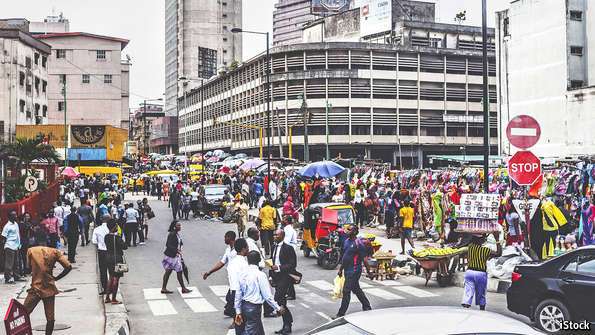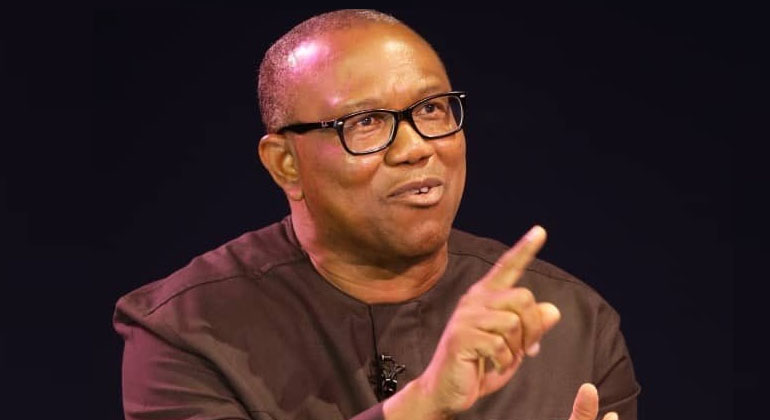Nigeria’s Gross Domestic Product projection for this year and the economic growth forecast for 2020 has been revised by the International Monetary Fund (IMF), with a warning that momentum is being lost in the drive for global expansion.
The international body backtracked from its previous projection of Nigeria’s economic, forecasting that the country’s economy will grow slower than expected. In its World Economic Outlook Update, titled ‘A Weakening Global Expansion,’ IMF also downgraded its global growth prediction.
Nigeria’s economic growth outlook
The International Monetary Fund had previously predicted Nigeria’s 2019 gross domestic product to pick at 2.3 per cent in a 2018 report, but in its latest economic update, IMF downgraded Nigeria’s GDP to two per cent for this year. The Christine Lagarde-led body also projected a 2.2 per cent economic growth for Nigeria next year, lowering the initial forecast from 2.5 per cent for 2020.
Sub-saharan economic outlook
IMF projected economic growth in Sub-saharan Africa should pick up in 2019, forecasting a 3.5 per cent for the African continent from the 2.9 per cent recorded last year, 2018. The Washington-based fund also predicted the economic growth of Africa will hit 3.6 per cent in 2020.
“For both years, the projection is 0.3 percentage point lower than last October’s projection, as softening oil prices have caused downward revisions for Angola and Nigeria.”
Over one-third of sub-Saharan economies are expected to grow above five per cent in 2019–20.
Global economic growth outlook
The IMF has warned of momentum lost in the drive for expansion as experienced in recent years. This reflected in the downgrade of the global economic growth outlook for 2019 and 2020. IMF in its updated report estimated a 3.5 per cent economic growth in 2019, cutting down from the initial 3.7 per cent forecast. IMF also projected that in 2020, global economic growth will pick up by 3.6 per cent from the previous prediction of 3.7 per cent.
IMF’s statement on global economic growth
Aside from the internal conditions within emerging countries, the IMF stated that difficult external conditions like the trade tensions, rising US interest rates, dollar appreciation, capital outflows, and volatile oil prices have all tested the emerging market and developing economies over the past few months.
Advice for Nigeria and other countries
IMF suggested strengthening macroprudential frameworks would address high private debt burdens and balance-sheet currency and maturity mismatches in some economies. Adding that flexibility of exchange rate could complement these policies by helping to buffer external shocks.
“Where inflation expectations are well anchored, monetary policy can provide support to domestic activity as needed.”
It said, “Improving the targeting of subsidies and rationalising recurrent expenditures can help preserve capital outlays needed to boost potential growth and social spending to enhance inclusion.
“For low-income developing countries, concerted efforts in these areas would also help diversify production structures (a pressing imperative for commodity-dependent economies), and their progress toward the UN Sustainable Development Goals.












